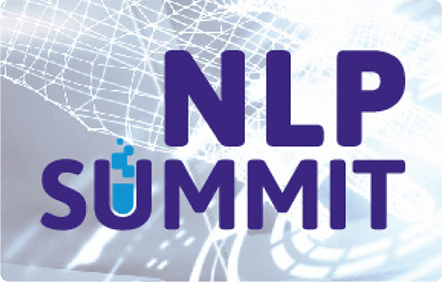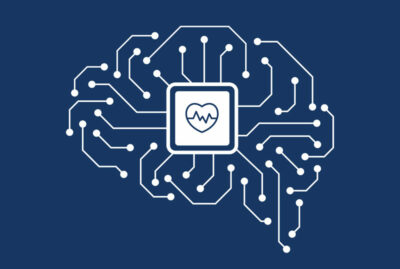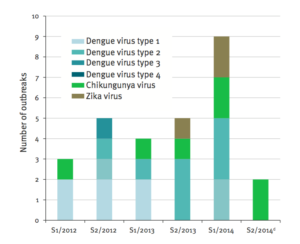Successful organizations have embraced the power of data analytics to boost their business operations.
Companies that have embraced analytics have benefited from accurate insights that influence crucial business decisions. Such approach has also given room for personalized communications as well as accurate management of the interaction between customers and lifecycle management.
Although many organizations have tapped into the power of data analytics, some organizations are constrained in their ability to invest in data analytics. For instance, charities are focused diverting their funds to their cause. Charities with limited budgets and resources struggle with the capturing, storage and analysis of data.
Aimia launched its Data Philanthropy initiative three years ago to respond to the situation. The third annual Data Philanthropy event was held in Canada in November, 2015. Several events had also been held in five countries worldwide and had supported more than 40 charities as well as provided over 16,000 hours of analytical support ever since it was launched. About 75 of Aimia’s data scientists and industry experts went through hundreds of thousands of data within 48 hours with the aim of providing useful analytical insights to four non-profit organizations namely Ballet Jorgen Canada, Enactus Canada, The Stephen Lewis Foundation, and Prostate Cancer, Canada.
Insights obtained from the analysis of such data include means of improving the performance of fund-raising efforts via segmentations of donor data to ensure improved campaign and targeting. Aimia has also helped charity organizations to effectively collect, manage and analyze their data.
Improving the Data Analytics of a Charity Organization
Highlighted below are the steps through which charity organizations can use and improve their performance through the use of data:
- Capture And Store The Data In The Right Place
Before data is being analyzed, they need to be collected, kept in a consistent format and stored. The data should also be updated and the content should be monitored.
- Make Use of Open Data Sources
There are lots of data sources that can enrich your data analysis. For instance, while working with a charity at Aimia, we utilized the Government’s Index of Multiple deprivation to find those areas that need to be invested in. this helped them to decide the appropriate location for setting up a youth center.
- Measure Your Results
It is important to track against ‘control’ in this step. For instance, if a charity wants to measure its impact on people, then it needs to track people that are receiving support against those that are yet to receive support. Comparing these two groups will enable one to know that any positive effects noticed in the first group (i.e. receiving support) are as a result of the support.
- Present The Data
It is important to transform your data into visuals effectively so that the impact of your message can be improved. The steps that we used to get this done are; identification of message, construction of chart, cleaning of charts and extraction of the message. The data should be kept simple to prevent data overload.
- Discover Insights That Can Be Acted Upon
It’s often challenging to find actionable insights. The insights will help you know what needs to be done. For instance, an insight will help one to know that Greenhouse (the youth sports charity that we helped last year) is more effective when working with girls than with boys. An actionable insight that can be obtained from this is that Greenhouse is more effective when getting girls to play tennis than basketball. Greenhouse can then make use of this insight by provide more opportunities to play tennis than basketball.
- Hire a Data Scientist
This is a challenge for many charities. It is important to hire a data scientist to enhance the ability of data to improve the effectiveness of one’s work and increase funding. Aimia, in 2014, helped four charities to gain more than £2.5 million of new funding.
Conclusion
Charities need to be able to utilize their data more effectively. They also need to benefit from taking an improved analytical and stakeholder-centered approach to their operations. At John Snow Labs, we are committed to Data Philanthropy to donate to the community our valuable assets – our skills and time.
Additionally, innovations like Generative AI in Healthcare and a Healthcare Chatbot can help organizations leverage data more effectively, improving patient engagement and decision-making for greater community impact






























